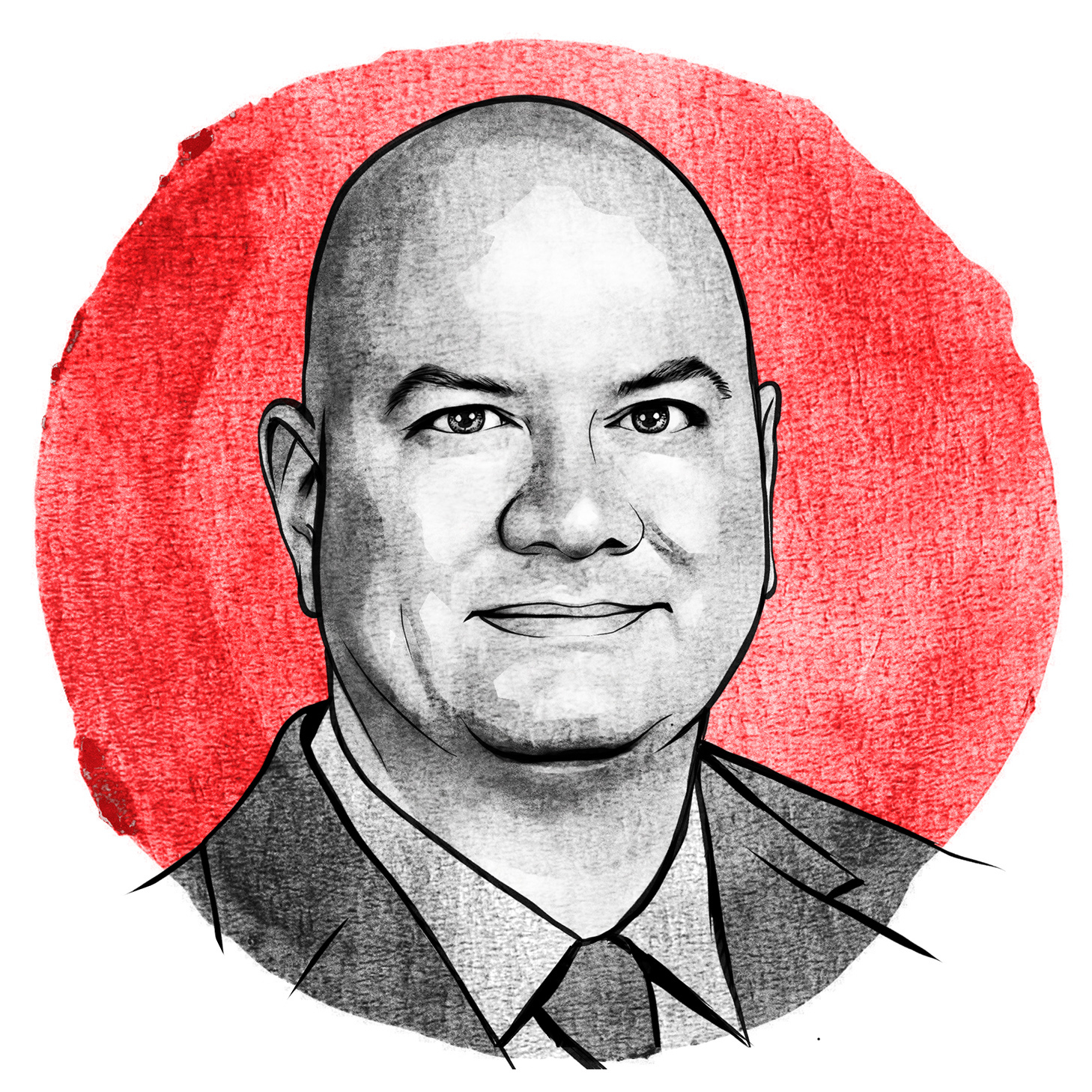Russell Jacoby’s Anti-Intellectual Anti-Conservatism
I find Russell Jacoby’s “Dreaming of a World With No Intellectuals” — which laments right-wing anti-intellectualism — revealingly narrow-minded in its own right. His litany of conservative thinkers, the kind he’d like to see more of, is almost exclusively neoconservative and Straussian: Gertrude Himmelfarb, Harvey Mansfield, Wilfred McClay, and Strauss himself, with only old Edmund Burke seeming out of place. All of them are worth reading; none should be written off for ideologically sectarian reasons. But where’s Eric Voegelin or Michael Oakeshott — or in our time, Patrick Deneen, Claes Ryn, and Paul Gottfried? Jacoby may not be familiar with them, but that’s a sign of his own species of anti-intellectualism.
Jacoby takes a few shots at Richard Weaver, whose Platonism is a superficially easy target: Ideas Have Consequences is a book that holds up much better, if at all, as a whole than as a series of assertions excerpted from the main argument. (Weaver, for example, sounds like quite the fuddy-duddy when he’s condemning jazz. His chapter on the “Great Stereopticon,” by contrast, does stand up on its own as quite ahead of its time on the “virtualization” of reality.) Jacoby finds Weaver insufficiently attentive to economic causes. But that’s not really the right yardstick: it’s like trashing Hegel for failing to measure up to the standards of logical positivism. If you want a “conservatism” that’s identical to ideologically left or liberal frames of understanding the world, but that simply inverts their values, you will usually be disappointed. Conservatism has to be understood on its own terms. The common criticism that conservative intellectuals before the advent of neoconservatism were too literary or philosophical misses the point — traditional conservatism is in large part a rebellion against the attempt to ideologize, rationalize, and scientifically administer the sociopolitical world.
That’s not to say there was any shortage of down-to-earth conservative minds in the early postwar period. James Burnham (an ex-Trotskyite), Willmoore Kendall (the Yale professor from whom Bill Buckley derived much of his “anti-intellectualism”), and the sociologist Robert Nisbet offered straightforward analyses of political and social change, though again analyses that did not share Marxist assumptions about the primacy of economics.
It’s true that few Americans who think of themselves as conservatives have today heard of any of these figures, but that’s a tale of how partisan marketing in a mass democracy can always trump high ideas. People like Jacoby share the blame for this, as rather than taking conservatism seriously on its own terms, they chose to look to right-wing social democrats — neoconservatives and many Straussians — as intellectual sparring partners. Fault the magazines and think tanks on the right for failing to teach successive generations about intellectual conservatism (those institutions sold out 30 years ago to the GOP and their own accounting departments), but also fault academics like Jacoby for failing to take intellectual conservatism seriously. To judge from his essay, Jacoby is unfamiliar with even the basic sources.
Jacoby may be dismayed to see that a (neo)conservative movement once associated with New York public intellectuals is now characterized by aggressive stupidity — Commentary has lately been sending around a piece of direct mail whose envelope touts the magazine as “the bold, influential voice of conservative opinion for conservatives like you who watch Fox News, listen to Rush Limbaugh, and read The Weekly Standard.” (Yes, that’s verbatim.) But even as neoconservatives have lobotomized themselves in service to Rupert Murdoch and Karl Rove, those more literary, philosophical, humanistic conservatives who have long been disdained by academia have been enjoying a renaissance. Just look at what you can find online: Front Porch Republic, the University Bookman, the Imaginative Conservative. These are popular outlets rather than theoretical journals, but if you pay attention to the authors who publish there, you will indeed find new, academically rigorous conservative intellectuals coming into flower. There’s a long, long way to go, but it’s a development that deserves more attention than it’s getting from Russell Jacoby and others who don’t want to read too deeply in search of fresh conservative thinking.
